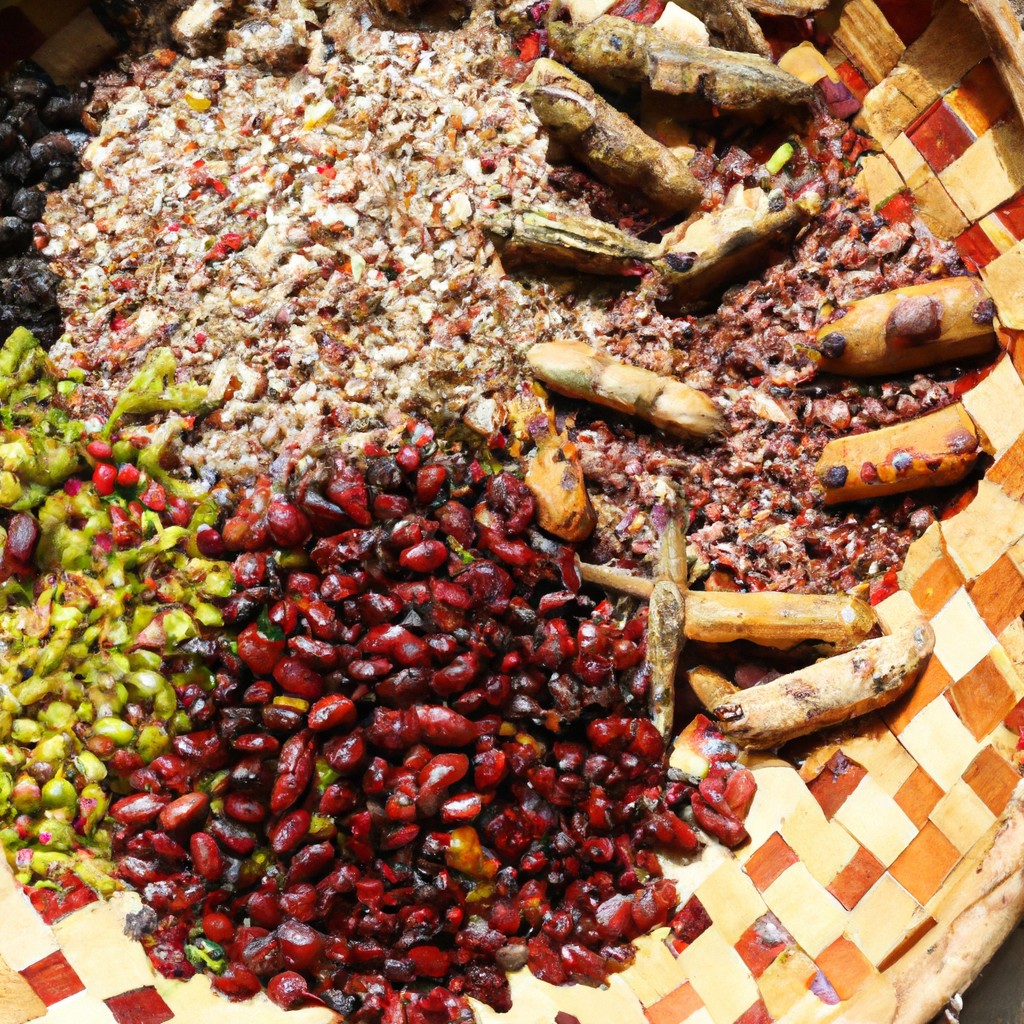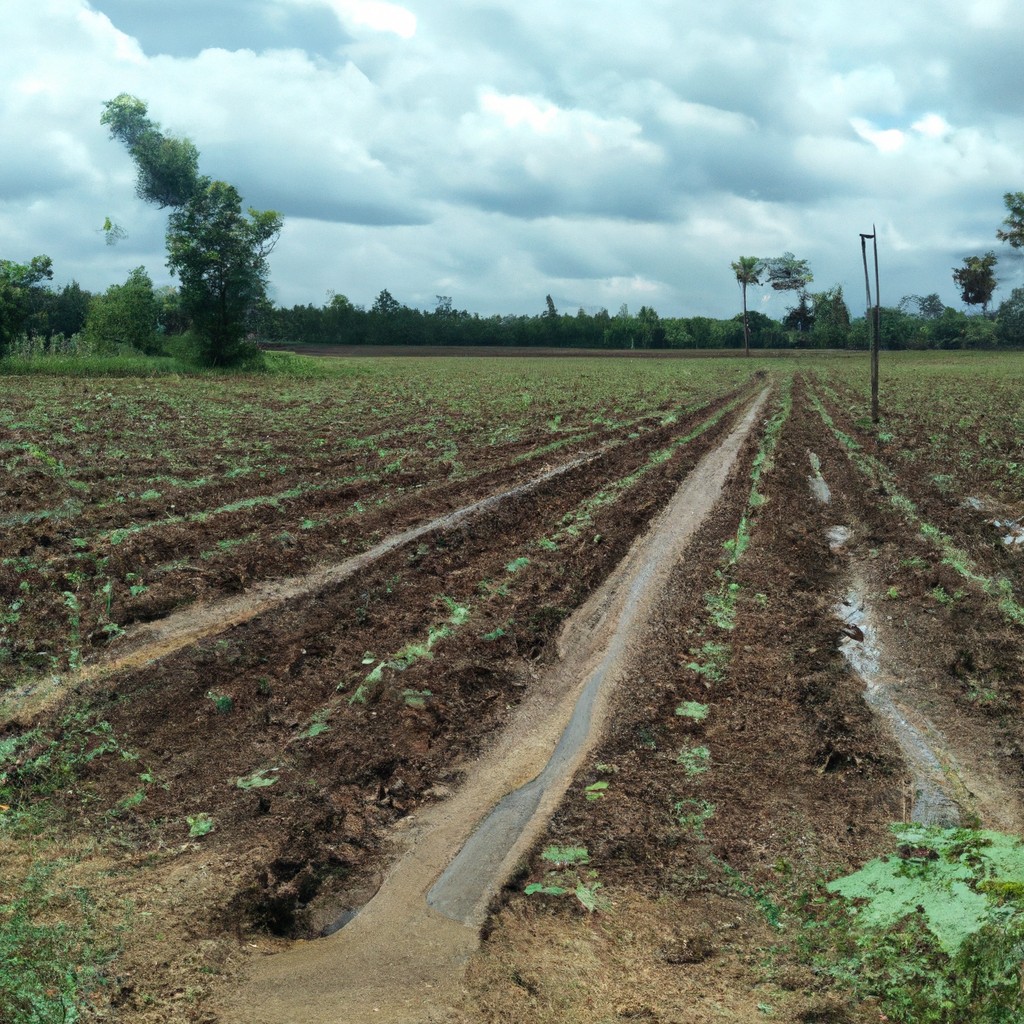Learn how Demeter, the goddess of agriculture in Greek mythology, influenced ancient farming practices and still holds a stalk of mystery today.
Look Inside:
Etymology

Demeter’s name springs from the ancient language well, filled with linguistic tidbits and specks of mystery.
Derived from Ancient Greek, the name breaks down like a farmer prepping soil. “De” is thought to relate to “earth,” while “meter” translates to “mother.” Combine the two, and you’ve got “Earth Mother,” a title as straightforward as a row of carrots.
Her title nods at her connection with the earth, the soil, and everything that grows—sort of like Mother Nature’s planted cousin. Some speculate her name also links to the word “dā,” which means “barley” in Linear B tablets. That should really whet your appetite for wheat!
Exploring her name is like unearthing layers of linguistic loam, rich with meanings that tie back to her agricultural reign. If only all names could be this fertile!
Iconography
In artistic works, she’s often depicted as the grand dame of grain and goddess garb—think togas, but with more wheat motifs. She paints quite the picture with attributes like a torch in one hand (searching for a missing daughter can really put a fire in your grip) and a bundle of wheat or barley in the other (because, priorities).
Her head is typically crowned with ears of wheat, because why settle for a plain tiara when you can wear your harvest?
The ride of choice? A chariot pulled by snakes. Sure, it’s not quite a Tesla, but who needs horsepower when you’ve got serpent power? Plus, it’s eco-friendly. Always the trendsetter, right?
As an Agricultural Goddess
Demeter knew her grains. Her influence stretched far across the fields and valleys, as her divine presence oversaw the growth and harvest cycle. With a flick of her celestial finger, seeds sprouted into lush stalks swaying in the breeze.
- She was the ultimate farm-to-table enthusiast, ensuring the land produced not just abundance but nutritious abundance. Ever seen a carrot so vibrant it made the sun look like a tepid battery-operated light bulb? Thank Demeter.
- As seasons turned, her moods played on the climate’s heartstrings, providing just the right mix of sun and rain for crops to thrive. A maestro conducting the symphony of agriculture.
- She was big on communal living. Ancient Greeks knew a thing or two about potlucks, with Demeter’s blessings ensuring those gatherings were bountiful and satisfying, saving them from the dreaded ancient Greek hangry episodes.
- Sacred rites and mysteries were celebrated in her honor, designed to protect harvests and ensure fertility. An insurance policy crafted by the divine. No copays required.
With Demeter on their side, ancient farmers weren’t just tilling soil; they were engaging in a divine partnership.
Mythology
Once upon a time in Greek mythology, Demeter had her own family drama. Her daughter, Persephone, the apple of her eye, was famously kidnapped by Hades. He was the king of the Underworld, which is like being the CEO of a very dark and cold place—certainly not great for summer holidays.
In her quest to retrieve Persephone, Demeter’s grief turned the Earth barren. Imagine a rage so intense that it could turn your garden into a desert. Seasons? Totally her doing. When Persephone returns, cue the greenery; when she leaves, it’s back to the icy fridge of winter.
Demeter also had a cameo in the tale of Triptolemus, a mortal she taught the secrets of agriculture. Let’s just say he got a PhD in farming the moment she laid down the intel. Talk about being grounded in his work.
Festivals
The ancient Greeks sure knew how to throw a divine bash. Among the most famous was the Eleusinian Mysteries, top secret but well-attended, celebrating the cycle of life and death—think exclusive club, but for spiritual enlightenment and farming wisdom. Then there was Thesmophoria, a festival strictly for women, where they engaged in mysterious rites to ensure a bumper harvest. Picture this: Leaving offerings to the earth and not having to worry about the calories.
How about Haloa? A winter fiesta blending agriculture and, well, a celebration of fertility with a wink-wink, nudge-nudge approach that probably had the prudish patrons clutching their pearls. There’s nothing like a mix of farming and fertility to keep things lively.
These festivals were more than just parties; they were a way to honor Demeter’s gifts, a kind of ancient Instagram story showcasing gratitude for the fertile land and abundant crops. Grab your toga and your sense of humor—the ancient Greeks had their priorities sorted: food, fun, and fertility.




